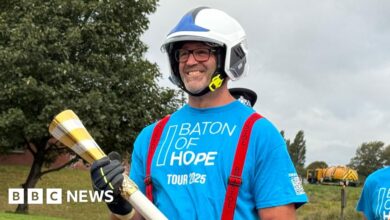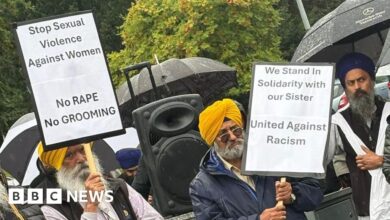Brazil child sex trade alarm as World Cup nears

It’s not always girls and boys from the streets, with drugs addictions and absent family structures, that fall victim to the sex tourists.
Pregnant at 16, Ana’s own childhood is already lost. She’s not a prostitute but has been having sex since she was 12. Ana – not her real name – says girls here go with foreigners because they are wealthy and generous.
Ana is from a working class background and, although her dad no longer lives at home, her mother clearly cares about her daughter’s plight. But when, exasperated, her mum went to the police, they didn’t even recognise Anna as a victim.
“I’ve got lots of friend who go with foreigners – gringos. They come here for the girls, you know – working girls, Ana tells me as she sits surrounded by baby clothes, six months into her pregnancy.
She’s clearly too young and too vulnerable for the situation she’s in but shrugs her shoulders and says: “The guys have lots of money and give the girls loads of things like a place to live or jewellery.”
The laws in Brazil regarding child abuse are, on paper at least, relatively strong.
Joana Maranhao’s revelations about her past and her willingness to speak out have even led to a new law, in her name, extending the time by which perpetrators of crimes against children can be prosecuted.
But it’s not enough and, especially here in the north of the country, there are cultural barriers to break down as well as legal ones.
Brazilian society is often accused of sexualising children. The Novina phenomenon, where internet videos and songs portray young girls as attainable, sexual objects, is strong in this region.
Source link




